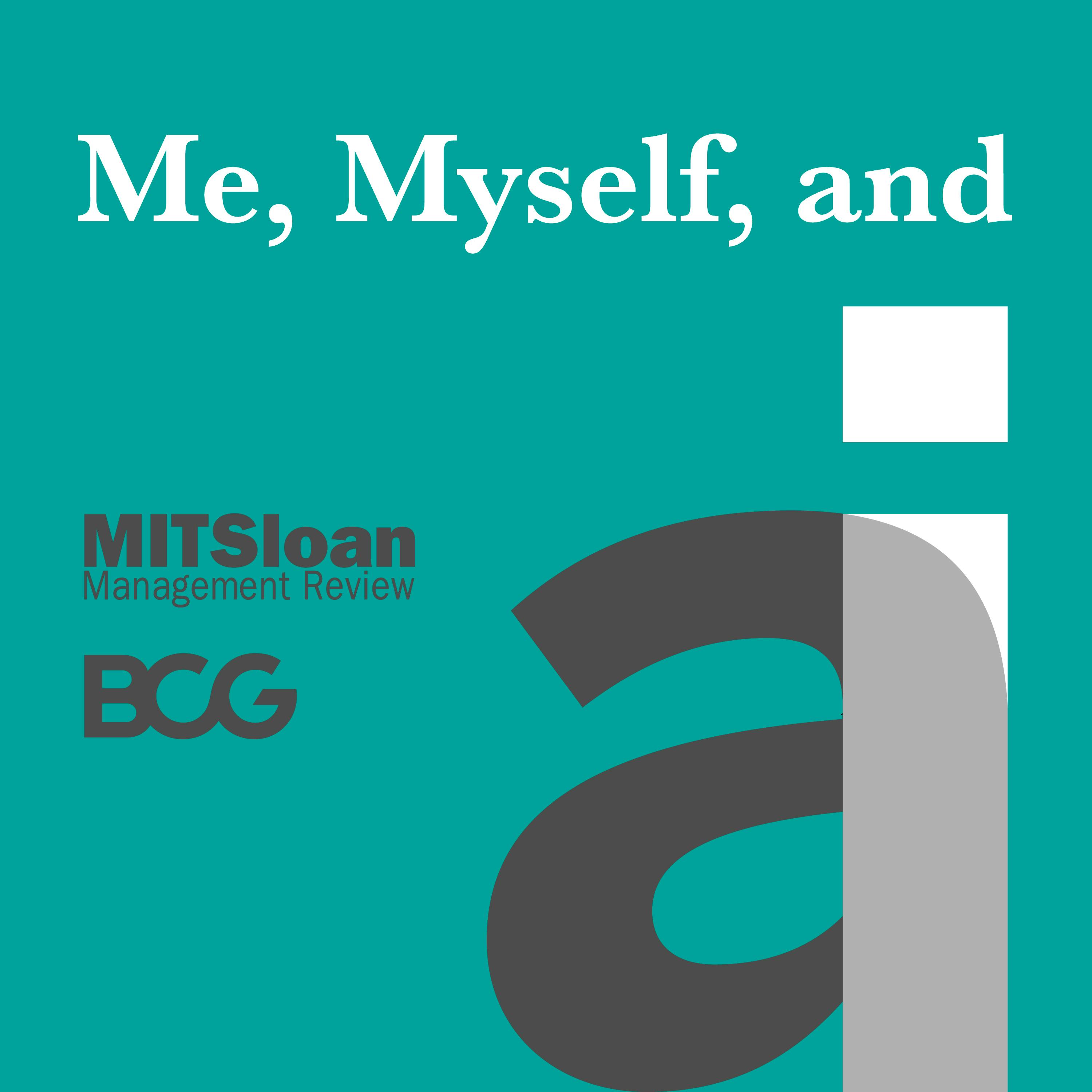
Protecting Society From AI Harms: Amnesty International’s Matt Mahmoudi and Damini Satija (Part One)

Me, Myself, and AI
Deep Dive
Shownotes Transcript
Amnesty International brings together more than 10 million staff members and volunteers worldwide to advocate for social justice. Damini Satija and Matt Mahmoudi work with Amnesty Tech, a division of the human rights organization that focuses on the role of government, Big Tech, and technologies like artificial intelligence in areas like surveillance, discrimination, and bias.
On this episode, Matt and Damini join Sam and Shervin to highlight scenarios in which AI tools can put human rights at risk, such as when governments and public-sector agencies use facial recognition systems to track social activists or algorithms to make automated decisions about public housing access and child welfare. Damini and Matt caution that AI technology cannot fix human problems like bias, discrimination, and inequality; that will take human intervention and changes to public policy. Read the episode transcript here).
For more on what organizations can do to combat the unintended negative consequences arising from the use of automated technologies, tune in to our next episode, Part 2 of our conversation with Matt and Damini, airing September 13, 2023.
*Me, Myself, and AI *is a collaborative podcast from MIT Sloan Management Review and Boston Consulting Group and is hosted by Sam Ransbotham and Shervin Khodabandeh. Our engineer is David Lishansky, and the coordinating producers are Allison Ryder and Sophie Rüdinger.
Stay in touch with us by joining our LinkedIn group, AI for Leaders at mitsmr.com/AIforLeaders) or by following Me, Myself, and AI on LinkedIn.
Guest bios:
Matt Mahmoudi is a lecturer, researcher, and organizer. He’s been leading Amnesty International’s research and advocacy efforts on banning facial recognition technologies and exposing their uses against racialized communities, from New York City to the occupied Palestinian territories. He was the inaugural recipient of the Jo Cox Ph.D. scholarship at the University of Cambridge, where he studied digital urban infrastructures as new frontiers for racial capitalism and remains an affiliated lecturer in sociology. His work has appeared in the journals The Sociological Review and* International Political Sociology* and the book *Digital Witness *(Oxford University Press, 2020). His forthcoming book is *Migrants in the Digital Periphery: New Urban Frontiers of Control *(University of California Press, 2023).
Damini Satija is a human rights and public policy expert working on data and artificial intelligence, with a focus on algorithmic discrimination, welfare automation, government surveillance, and tech equity. She is head of the Algorithmic Accountability Lab and a deputy director at Amnesty Tech. She previously worked as an adviser to the U.K. government on data and AI ethics and represented the U.K. as a policy expert on AI and human rights at the Council of Europe. She has a master’s degree in public administration from Columbia University’s School of International and Public Affairs.
We encourage you to rate and review our show. Your comments may be used in *Me, Myself, and AI *materials.